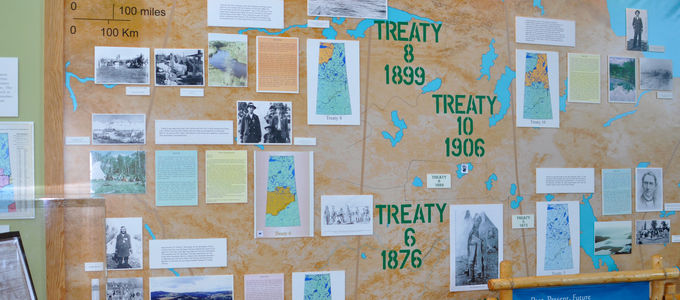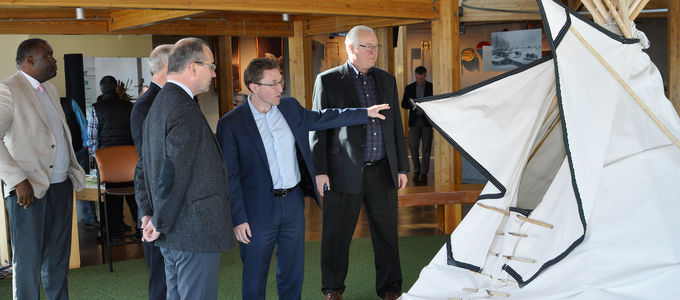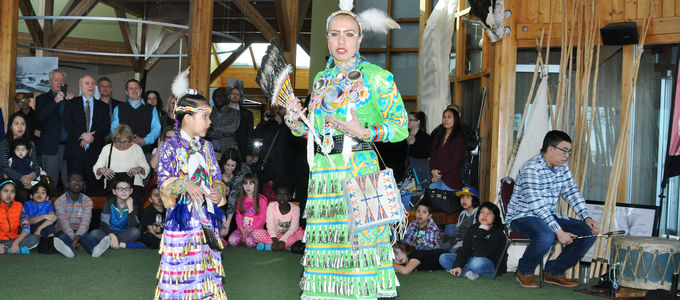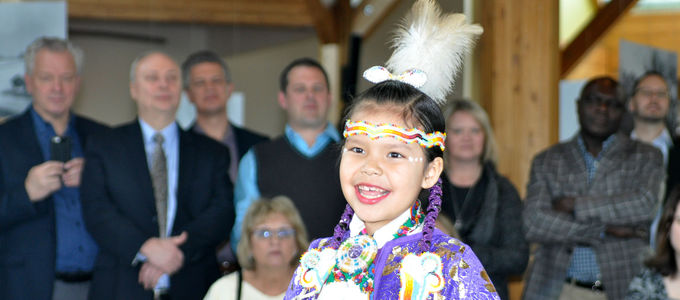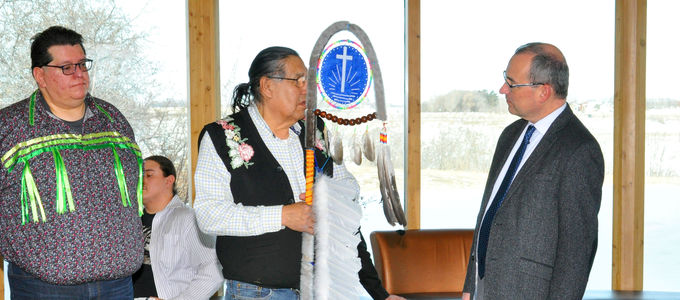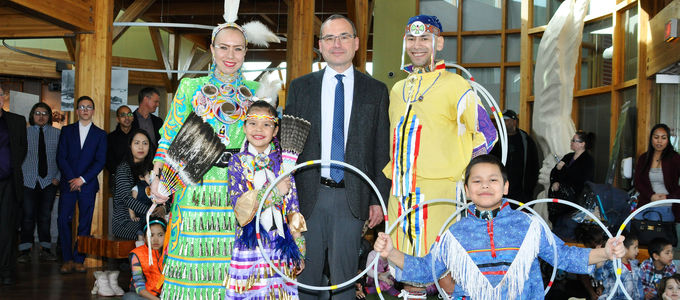Love others as they are, not as you would have them be!
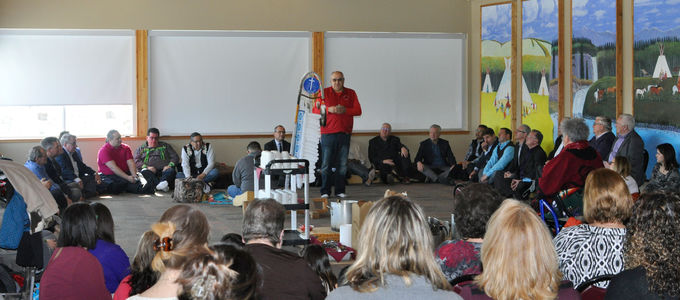
“Indigenous” is a term that means “native”. The UN also speaks of autochthonous peoples, a reference to the descendants of the original population. The United Nations’ International Day of the World’s Indigenous Peoples is observed on August 9th each year to raise awareness.
They do not describe themselves as indigenous, but rather as Aboriginal peoples, Inuit, Native peoples, First nations, Adivasi, and much more. Whatever designation they prefer, some common subjects of conversation relevant to them include their current predicaments, restricted human rights, or coming to terms with a history of hurt. Other items on the agenda often include conquest, colonisation, deprivation of rights, and discrimination.
Many ancient peoples have already been lost in the whirlpool of time, while others have been forcibly assimilated, and others still suffer from marginalisation, as they put it themselves. Banishment to living spaces of varying sizes reserved just for their own kind is not the solution to their problems. A number of ethnic groups, for example in the Brazilian rainforest, have meanwhile holed themselves up in self-created reservations, and refuse any contact with the outside world.
Day of commemoration is intended to raise awareness
The United Nations’ International Day of the World’s Indigenous Peoples is intended to raise awareness that human rights cannot be defined unilaterally. The Declaration on the Rights of Indigenous Peoples published under Resolution 61/295 contains no less than 46 articles, including some very fundamental demands for the right to self-determination, the protection of human rights, and the assurance of freedom and security. It all boils down to the value of life itself.
In order to make the international public aware of the problems encountered by indigenous peoples, the United Nations dedicated an International Year to them for the first time in 1993. From 1994 to 2004 this was followed by the first International Decade of Indigenous Peoples of the World, and from 2005 to 2014 a second international decade was dedicated to the same cause. In addition, the 9th of August was established as an annual International Action Day of Indigenous Peoples in 1994.
One example of many: the First Nations
Each one of us can—in our own way—do our part to ensure that all people, irrespective of their background, can feel valued, whether they are a minority or not. Five years ago—in March 2017—Chief Apostle Jean-Luc Schneider took a trip to the province of Saskatchewan in Canada. This place is an example of Canada at its best. Saskatchewan alone is as big as Switzerland and France put together. It is home to a number of indigenous tribes, amounting to at least thirteen per cent of the population, primarily descendants of the Cree. The city of Regina even serves as the headquarters of an independent university, namely the First Nations University of Canada.
While there, the international Church leader took advantage of the opportunity to talk to representatives of various nations. The Chiefs spoke to him about peace and reconciliation, told him of their history, and expressed their hope that present generations will remember the history of their land with respect. Since the Apostle ministry also understands itself as the ministry of reconciliation, Chief Apostle Schneider also wanted to do his part to emphasise the desire for peaceful coexistence. In his address, he made it clear that the standards of the gospel can certainly apply to the process of reconciliation: “As Christians, it is our concern to share your cares and sufferings. Today we are aware that it was precisely Europeans and Christians who brought so much suffering to this land.”
Address to the nation
He clearly emphasised that such an approach was by no means representative of the gospel of Jesus Christ. “On the contrary, it is precisely the gospel that serves as the foundation for peace and reconciliation.” He then went on to list three fundamental truths of the gospel:
- “Jesus Christ taught that human beings are to love their neighbour just as they love themselves!” The Church leader expressed his regret that, of all things, this guiding principle is so often forgotten by Christians.
- where money, power, prosperity, and personal honour take the upper hand, human beings begin to turn evil. “If all of these things become more important to me than the concern for my neighbour, I am breaking the Golden Rule of love for my neighbour!” On the other hand, those who hold to the gospel will never forget their neighbour.
- Jesus Christ brought His life as a sacrifice for all human beings. “This love gives us the power to overcome our differences.” Many people believe that their neighbour must first change in order to live up to their own expectations. This kind of thinking leads to the desire to eradicate all differences. But that is not the message of the gospel: “Holy Scripture teaches us to respect the otherness of our neighbours. It teaches us to accept them just as they are, with their traditions, cultures, biographical backgrounds, and all. Showing love for our neighbour means loving others as they are, not as you would have them be!”






